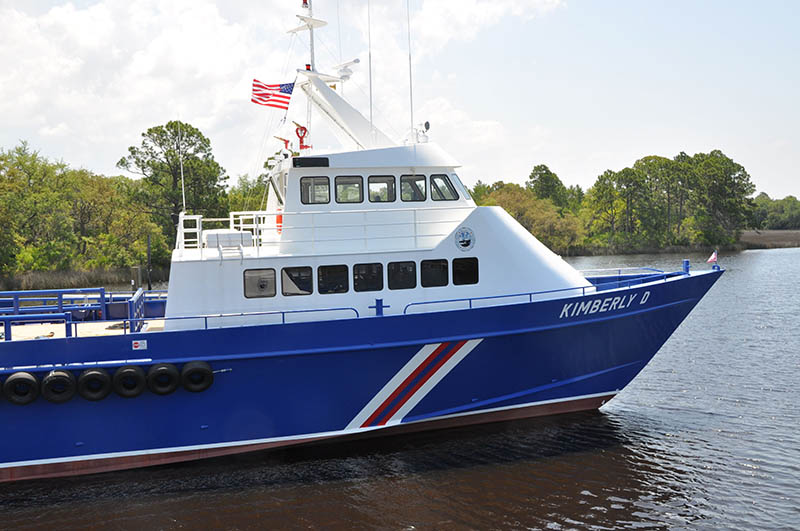I had to go to a remote dock near Houston the other day. All the other people in our New Orleans office have Louisiana drivers’ licenses, and the word on the street was that Louisiana residents weren’t being allowed into Texas for fear of spreading the coronavirus.
Being 71 years old, I’m in a high-risk category. But since we had no one else, I’m a Mississippi resident, and since I’ve been in some kind of high-risk category all my life, I agreed to go. Unfortunately, I had no rubbing alcohol or sanitary wipes, and none was available on any store shelf. But you don’t let small things get in the way in the shipping business.
It was certainly pleasant to drive along a nearly deserted Interstate 10 through New Orleans, although the word is that you don’t want to get off the interstate, since OPP (Orleans Parish Prison) has been emptied of petty criminals and the New Orleans Police Department has been instructed not to arrest non-violent criminals. At the state line, there were plenty of Texas police SUVs but nobody getting stopped for being a Louisianan. And the subsequent few nights in a nearly deserted motel near the dock was blissfully free of the cries of the sounds that normally fill nights in roadside motels.
Of course, there was a downside. No restaurants near the motel were open, not even for drive through, so the only food option was a nearby convenience store. There, business was normal except for a new plexiglass shield for the clerk and a palpable fear that the place was full of homicidal microbes shed by passing customers. I still couldn’t find rubbing alcohol or sanitary wipes, but the store carried liquor, so I bought a pint of Aristocrat vodka (“triple distilled!”) and used motel washcloths to wipe down the places I had to touch.
Part of the job was offshore. There was nothing unusual on the crewboat going out except some grumbling about the local bars being shut down. And although we certainly couldn’t maintain six feet of social distancing — or even three feet — nobody wore a mask. We didn’t shake hands, but there’s not a lot of handshaking on crewboats anyway. However, our insouciance was probably due more to the fact that the boat was full of healthy, tattooed young oilfield hands — men who think nothing of braving Houston traffic on the backs of high-powered motorcycles — than to any confidence in the sterility of the passenger salon.
The jobs I’ve worked in the two weeks since then have been about the same. We don’t shake hands. We touch elbows. We stand a little farther back from each other, but not much, and certainly not beyond Covid-19 range. Few people wear masks except foreign ships’ crews.
The major impact of the virus on international shipping in U.S. ports, besides the general shutdown of the world economy, seems to be the inability of foreign crewpersons to go ashore. Whether this attitude will result in higher-than-average infection rates in the industry remains to be seen, but it may represent a realistic and workable compromise between the need to get things done and the need to stay safe — something the entire country, and indeed the entire world, is looking for.




